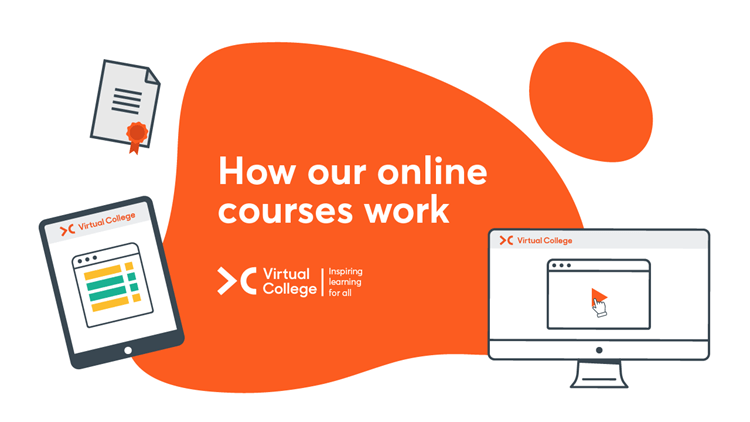Statutory & Mandatory Training: Conflict Resolution
Our online conflict resolution training course explores communication models and techniques to help you manage conflict effectively and keep yourself safe, focusing on understanding what conflict is, how it occurs, and what prevention methods you can apply to stop the situation from escalating.
Course Overview
Format
- Introductory Course
- Up to 45 Minutes
- Online Study
- Self-Printed Certificate
Accreditation
- 1 CPD Hour
- CPD Certified
Course description
This online course explores the important subject of conflict resolution, imparting valuable insights which will increase any employee's confidence in the topic and their conflict resolution skills. The course explores areas such as how to spot the early signs of conflict, mitigate and reduce the risk and if required instigate a conflict resolution process, escalating and managing conflict in a more formal way.
You'll also learn how to protect yourself in the event of a breakdown of communication that escalates into violence, including practical strategies for employing 'reasonable force' when necessary. Finally, you will have an opportunity to learn more about post-incident support and familiarise yourself with relevant procedures.
Statututory & Mandatory Training: Conflict Resolution Features
Our Statututory & Mandatory Training: Conflict Resolution has been designed to work on all devices including mobiles, laptops, tablets and desktops giving you the flexibility to complete the training at a time and in a location suitable for you.
With healthcare staff often expected to complete training on an annual basis there will be topics you will be more familiar with than others. Our self assessment tool, which is at the start of each course, will allow you to test your knowledge to see if you would like to complete the training or progress straight to the end of course test.
At the end of this conflict resolution course, you will need to complete a test that consists of multiple choice questions. Learners are required to achieve an 80% pass mark, and - if necessary - may attempt the test six times at no extra cost. If learners do not achieve the pass mark, further attempts may be given by contacting our support team.
The online conflict resolution training is fully interactive and is packed with various multimedia forms including video, animation and custom graphics to give you the best learning experience.
Each element of the training is WCAG 2.2 accessible and includes scenarios, contextualised activities, reflective activities, knowledge checks, bite sized lessons and so much more.
Accreditation
The content of this course has been independently certified as conforming to universally accepted Continuous Professional Development (CPD) guidelines.
Certification
On completion of this course, you will be able to print a Virtual College certificate.
Duration
This course can take up to 45 minutes study to complete. The length of time taken depends entirely on how quickly learners can study and absorb the material.
Who is it for?
This training is designed for anybody who wants to better understand Conflict Resolution and its effects on both individuals and an organisation. We have created this course with frontline NHS staff and professionals whose work brings them into direct contact with members of the public in mind - under legislation it is employers responsibility to ensure that these individuals and roles are risk-assessed in relation to violence and aggression.
Entry Requirements
There are no specific entry requirements for this course.
You will learn
- List the common causes of conflict and identify the different stages of conflict
- Outline the two forms of communication and the levels of emphasis that can be placed on them during conflict
- Identify potential causes of breakdown in communication and the importance of creating the right conditions for communication to succeed
- Put into practice the three communication models that can assist individuals in dealing with different levels of conflict
- Recognise behavioural patterns and warning or danger signals displayed by individuals during conflict
- Understand how to keep yourself safe in conflict situations whilst still being able to provide the correct level of support to individuals
- Put into practice the appropriate methods and actions for conflict situations, such as ‘reasonable force’
- Find the support that is available to you
Who is it for?
Roles including:
- Frontline NHS staff and professionals whose work brings them into direct contact with members of the public
- Anybody who wants to better understand conflict resolution such as managers, team leaders and supervisors HR professionals
- Doctors
- Nurses
- Receptionists
- Porters
- Surgeons




















